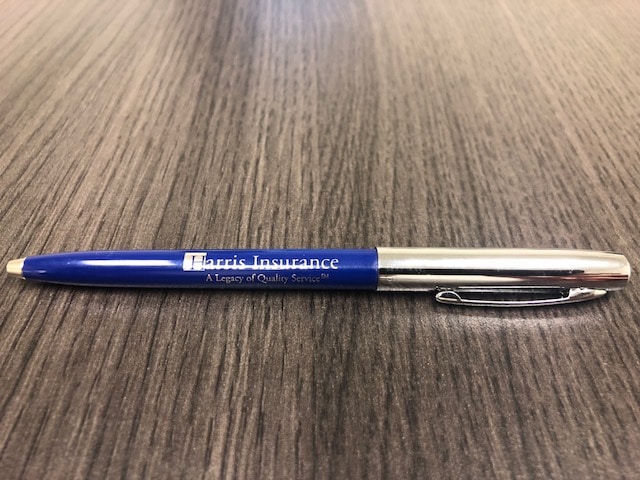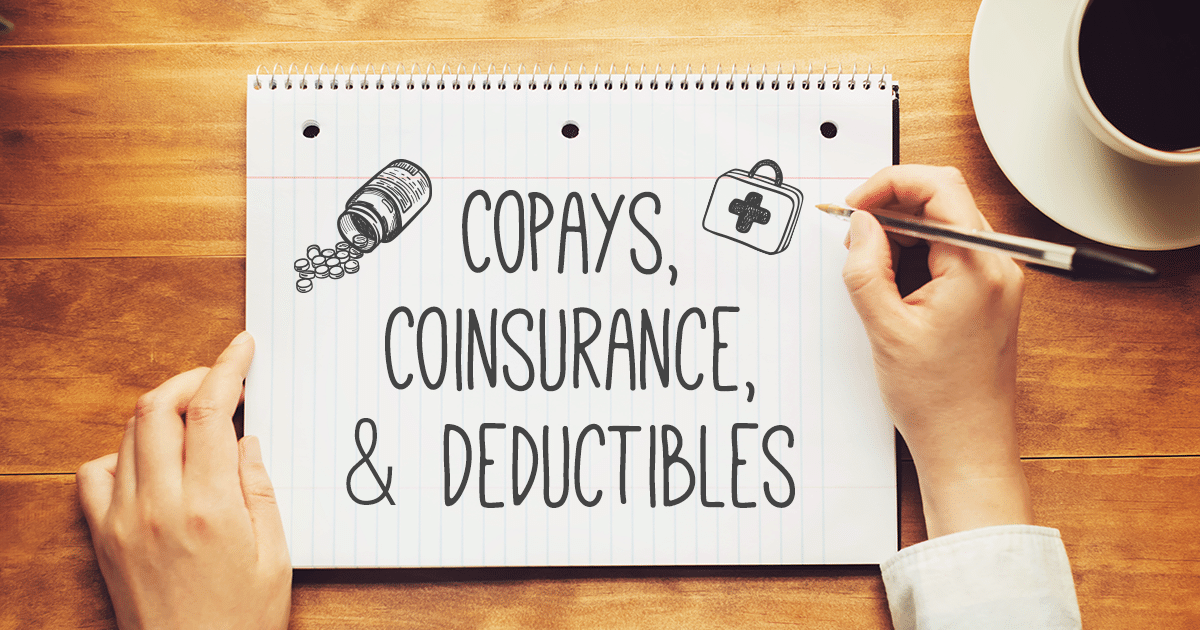
Do I Need Supplemental Insurance?
If there’s anything that’s true about today’s insurance climate, it’s that it’s uncertain. We don’t know from one day to the next what our coverage is going to be, and in the current environment, whether we’ll even have health coverage next month or next year.
In such a climate, many people are turning to supplemental insurance to bolster their coverage for emergency situations. Others, however, don’t even know what supplemental coverage is or what they should do with it. Learn about supplemental insurance, what it is, how it works, and whether it’s a good idea for you to carry it to make sure your future is covered.
What Is Supplemental Insurance?
Supplemental insurance is a policy that you add onto your existing coverage which helps pay for out-of-pocket expenses and services that aren’t covered by your regular policy. Some pay for deductibles, copays and insurance. Others pay cash benefits designed to help cover lost wages and compensation, healthcare-related transportation, prescriptions, and a range of other expenses that crop up due to injury or illness.
Some people fall prey to the erroneous belief that supplemental coverage can replace regular healthcare. This is a big mistake. Supplemental coverage is meant to bolster your existing healthcare, never to replace it.
Common Forms of Supplemental Coverage
There are a number of common forms of supplemental coverage. Probably the most often seen is Medigap, which helps improve coverage for those on Medicare. It covers copays, deductibles and coinsurance to greatly reduce out-of-pocket expenses, as well as certain other preventative services.
Another form of supplemental policy is critical illness care, which helps to deal with serious diseases like cancer via payment of lump-sum benefits that can be used to pay additional costs from deductibles to out-of-network specialists, to experimental treatments, childcare, and even normal daily living expenses.
You can also purchase supplemental policies for accidental death and dismemberment, which pays out if someone is maimed or killed in an accident, or indemnity insurance, which covers cases where you end up in the hospital for an extended stay due to severe injuries or illnesses. These policies can pay out in lump sums or weekly benefits.
Do I Need Extra Coverage?
Unfortunately, there’s no “one size fits all” answer to who should carry supplemental coverage. While certain policies like accidental death can be very useful to many people, it’s important to tailor any insurance policy to your needs.
Take some time to look over your current insurance and understand the details of what it covers. Are you likely to encounter situations where it won’t kick in, or where your out-of-pocket can grow to become a real burden? If so, extra coverage might be a good idea. Will your current policy cover major illness and accidents adequately? Does the additional cost of extra coverage bear out over time?
These questions can be confusing for many people, especially when combined with the potential limits of such specialized extra coverage. Your best bet is to talk to an insurance agent. At Harris Insurance, we’ve got over a century’s worth of combined experience in the industry helping people in the Las Vegas area. Give us a call for help and advice about your coverage needs today!




